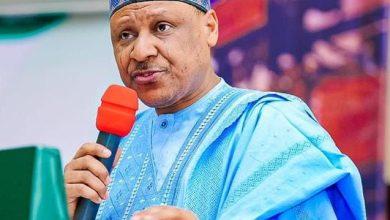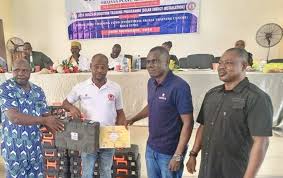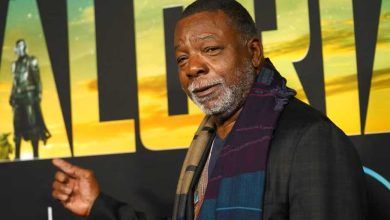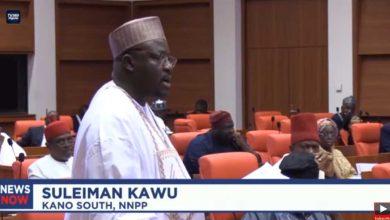ECOWAS Spent $13m on Counterterrorism, Humanitarian Interventions –Tinubu

The Economic Community of West African states say it allocated at least $13m to counterterrorism efforts in frontline states and to shore up humanitarian efforts in the region.
The regional bloc said it is exploring other funding options for its $2.6bn Standby Force.
President Bola Tinubu, who doubles as Chairman of the ECOWAS Authority of the Heads of State and Government, revealed these as part of a one-year report highlighting the bloc’s achievements and challenges at the Sixth Mid-Year Coordination Meeting of the African Union in Accra, Ghana, on Sunday.
A statement by Tinubu’s Special Adviser on Media and Publicity, Ajuri Ngelale, quoted the President as saying, “ECOWAS has allocated $9m to assist persons of concern, including refugees, internally displaced persons, and asylum seekers.
“The frontline member states in the fight against terrorism have also been supported with $4m under the ECOWAS Counter-Terrorism Humanitarian Response.”
Tinubu added that ECOWAS would soon convene a special extraordinary session to discuss its future.
Tinubu, who did not state the date of the meeting, said leaders would discuss ongoing talks with estranged member states – Niger Republic, Mali and Burkina Faso.
His comments come two weeks after he was re-elected for another one-year tenure as ECOWAS Chairman at the 65th Ordinary Session of the Authority held at the State House, Abuja, on July 7.
After his mandate was renewed, Tinubu appointed his Senegalese and Togolese counterparts, Bassirou Faye and Faure Gnassingbé, respectively, to lead ECOWAS’ mediation efforts with Niger, Mali and Burkina Faso.
The civilian governments in Burkina Faso and Mali and Niger fell to military control in May 2021, September 2022 and July 2023, respectively.
Consequently, the ECOWAS announced economic sanctions that isolated the three states alongside Guinea, where the military took over in September 2021.
Although ECOWAS later agreed to lift some economic and travel sanctions in February, the junta-led states maintained their stance to exit the union.
On July 6, Niger’s General Abdourahmane Tchiani, Burkina Faso’s Captain Ibrahim Traore, and Mali’s Colonel Assimi Goita signed a confederation treaty which, they said, would strengthen a mutual defence pact announced last September, the Alliance of Sahel States.
Nonetheless, the ECOWAS says it is still championing efforts towards reintegrating the sister states into the nearly 50-year-old bloc.
Speaking on Sunday, Tinubu said that the bloc faces multiple threats, including member states withdrawing, geopolitical rivalries, terrorism, food insecurity, climate change and the spread of misinformation and disinformation.
“He said ECOWAS will continue to dialogue with Burkina Faso, Mali and Niger to maintain unity and will convene a Special Extra-ordinary Summit on the future of the Community,” Ngelale revealed in the statement.
The statement was titled ‘Sixth mid-year meeting of the AU: President Tinubu addresses African leaders on the status of ECOWAS, highlights achievements and challenges.
Tinubu also revealed that the bloc allocated at least $14m to counterterrorism and humanitarian efforts in the most affected member-states.
He said ECOWAS is exploring other funding options for its $2.6bn Standby Force.
According to Ngelale, the Nigerian leader told his counterparts that “The Community has activated a Standby Force to counter-terrorism and will continue to explore funding options.”
He affirmed that ECOWAS had been supporting member states to enhance electoral and governance processes, and recently deployed Election Observation Missions to Senegal and Togo – both of which elections were adjudged to be peaceful, transparent, and fair.





